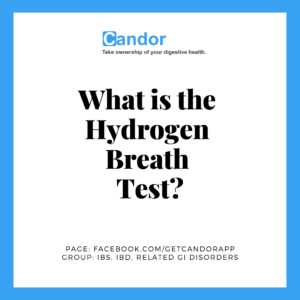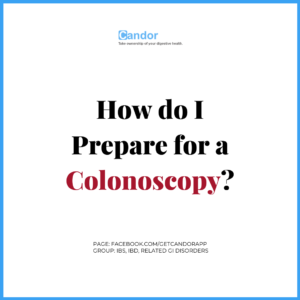
How do I Prepare for a Colonoscopy? A health care professional will give you written bowel prep instructions to follow at home before the procedure so that little or no stool remains in…

How do Doctors Perform Colonoscopy? A doctor performs a colonoscopy in a hospital or an outpatient center. A colonoscopy usually takes 30 to 60 minutes. A health care professional will place an intravenous…
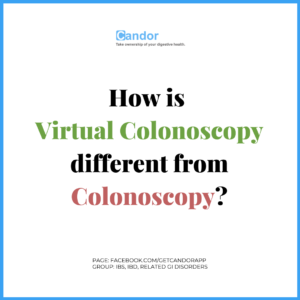
How is Virtual Colonoscopy different from Colonoscopy? Virtual colonoscopy is an x-ray test, takes less time, and you don’t need anesthesia. With virtual colonoscopy, your doctor doesn’t view the entire length of your…

Fructose Malabsorption Fructose malabsorption is a digestive disorder in which absorption of fructose is impaired by deficient fructose carriers in the small intestine’s enterocytes. This results in an increased concentration of fructose in…
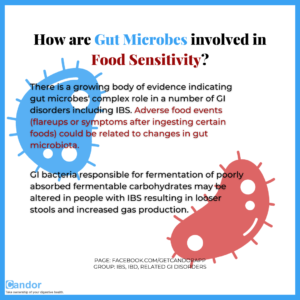
Involvement of Gut microbes in food sensitivity There is a growing body of evidence indicating gut microbes’ complex role in a number of GI disorders including IBS. Adverse food events (flareups or symptoms…
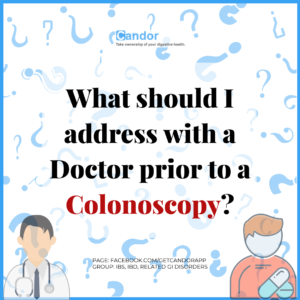
What should I address with a doctor prior to a Colonoscopy? You should talk with your doctor about any health problems you have and all prescribed and over-the-counter medicines, vitamins, and supplements you…

How does the Gut Microbiota vary across One’s Lifespan? Baby/toddler: Dominance of bacteroidetes (Bacteroidetes are symbiotic species highly adjusted to the GI tract, and perform metabolic conversions such as degradation of proteins…

What is the difference between food intolerance and food sensitivities? Food sensitivity: Inappropriate activation of immune system when exposed to a food component. Examples: Celiac disease IgE mediated food allergies (like nut allergies)…
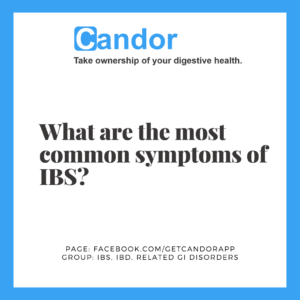
Most Common Symptoms of IBS IBS can cause a wide range of unpleasant intestinal issues, including diarrhea, constipation, abdominal pain, gas, and bloating. The best approach to managing common symptoms of IBS at…

6 Things to Know When Selecting a Complementary Health Practitioner If you’re looking for a complementary health practitioner to help treat a medical problem, it is important to be as careful and thorough…

What are Complementary Health Approaches? Decisions about your health care are important – including decisions about whether or not to use complementary health approaches. Complementary health approaches include natural products and mind and…
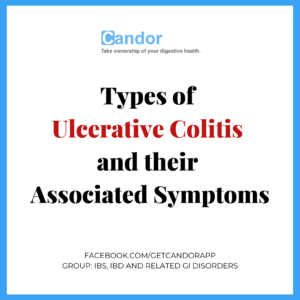
Types of Ulcerative Colitis and their Associated Symptoms The symptoms of ulcerative colitis will vary depending on the extent of inflammation and the location of the disease within the large intestine. Click on…
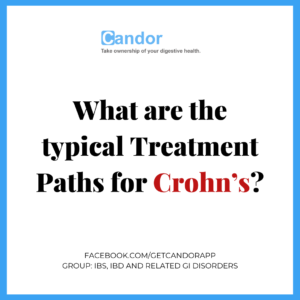
What are the Typical Treatment Paths for Crohn’s? Aminosalicylates: These include medications that contain 5-aminosalicylic acid (5-ASA), and work by inhibiting certain pathways that produce substances that cause inflammation. They can work in…
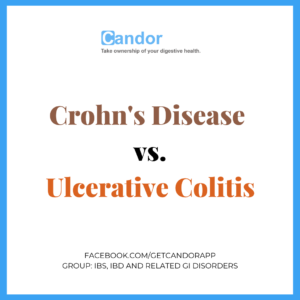
Crohn’s Disease vs. Ulcerative Colitis Crohn’s Disease Ulcerative Colitis Source: Crohn’s and Colitis Foundation Here’s a link to more information about the two conditions (Crohn’s Disease) (Ulcerative Colitis) Signs and symptoms: Here are…
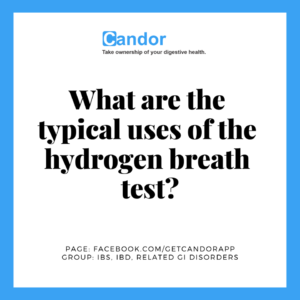
Typical uses of the Hydrogen Breath Test Fructose or Lactose Malabsorption The patient takes a base reading of hydrogen levels in the breath. The patient is then given 25-35g of fructose (or lactose…

